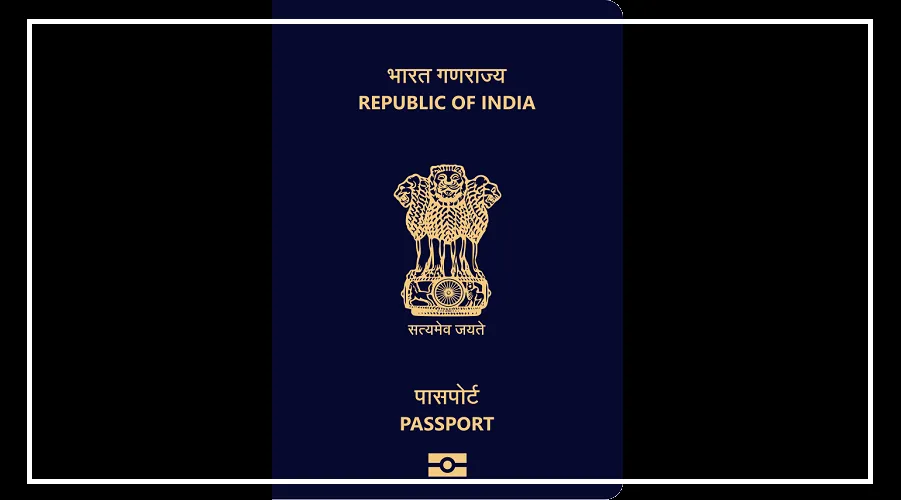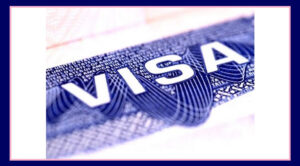The Government of India has introduced electronic passports (e-passports) to modernize air travel documentation.
These passports are designed to enhance security, speed up immigration checks, and bring India in line with global travel standards.
More than just a document, the e-passport represents a technological shift in how Indians will travel abroad in the future.
What Is an E-Passport?
An e-passport looks similar to a regular Indian passport but comes with a special electronic chip embedded in its back cover.
This chip securely stores personal and biometric details, such as fingerprints, facial recognition data, and digital signatures.
The information on the passport matches the data stored in the chip, making it extremely difficult to forge or tamper with.
E-passports also carry a gold symbol on the cover, making them easy to identify at airports and border checkpoints.
The embedded chip allows for quicker scanning and verification, reducing waiting times for travelers.
Who Can Apply for an E-Passport?
Any Indian citizen eligible for a regular passport can now apply for an e-passport.
Currently, e-passports are available at limited Passport Seva Kendras (PSKs) and Post Office Passport Seva Kendras (POPSKs).
Applicants should check whether their nearest passport office offers e-passports before applying.
Over time, the government plans to expand the service nationwide, so both new applicants and those renewing passports can benefit.
How to Apply for an E-Passport
The application process is the same as for a regular passport:
- Register on the Passport Seva portal.
- Fill out the online application form and pay the required fee.
- Schedule an appointment at a PSK or POPSK.
- During the appointment, your biometric data (fingerprints and photographs) will be captured.
Once processed, the e-passport with the embedded chip will be printed and sent to your registered address.
Benefits of E-Passports
E-passports offer several advantages:
- Enhanced security: The chip reduces the risk of identity theft and passport duplication.
- Faster immigration clearance: Scanning the chip speeds up verification at airports.
- Better global acceptance: E-passports meet international travel standards, improving Indian passport recognition worldwide.
As e-passports become more widely available, Indians can expect safer, smoother, and faster travel experiences, marking a significant step toward a smarter, digital travel ecosystem.

























